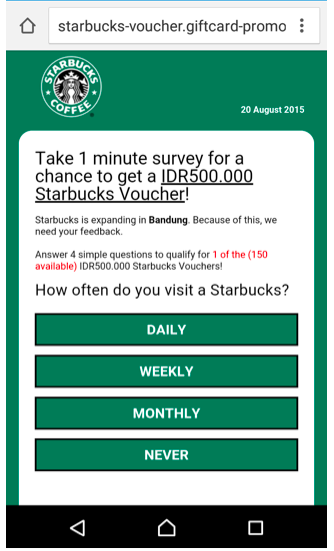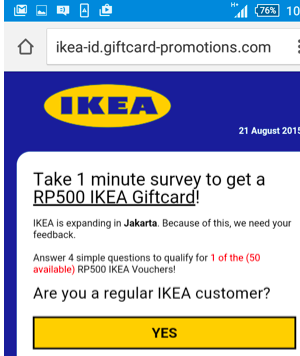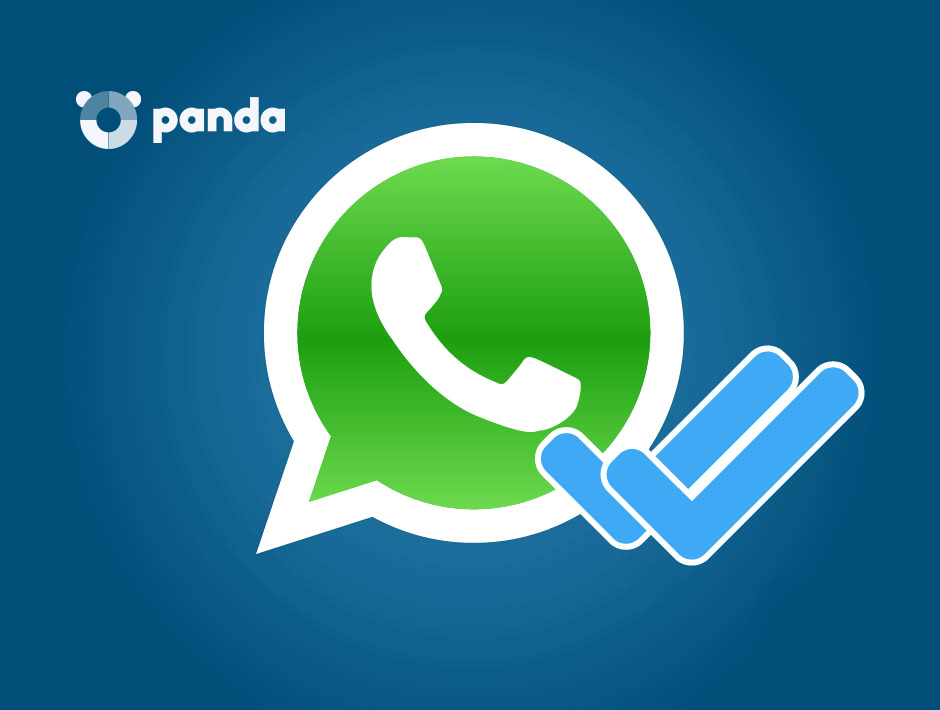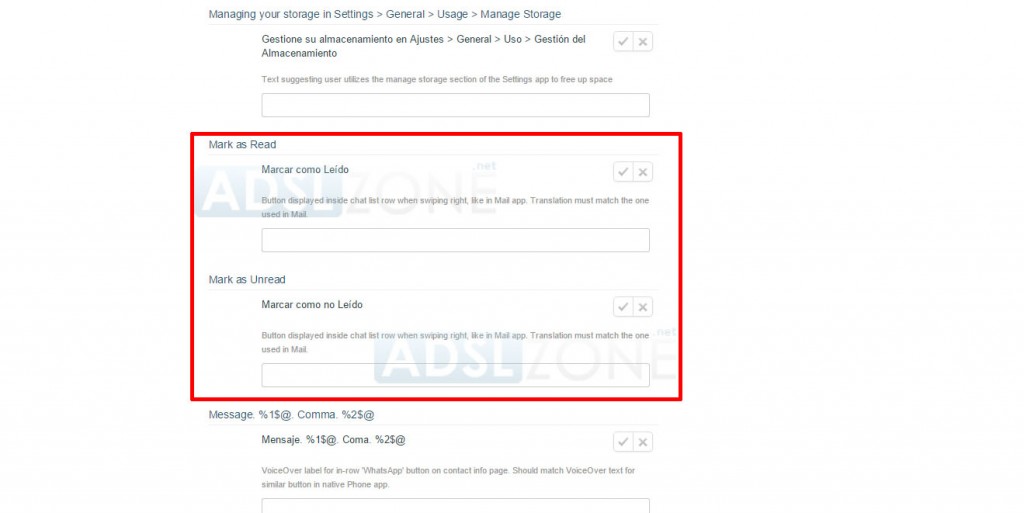
If you end up getting a WhatsApp that’s offering you a coupon for a discount at the likes of Ikea or McDonald’s then you’re right to be suspicious – none of these companies are giving away coupons and it’s like that you’re being a victim of a fraud.
In reality, the name of these, and many other companies, are being used for what seems to be a global social engineering campaign which aims to steal information from unsuspecting victims.
It all begins with a link send to one of your contacts which they will pass on to you – relax, your friends aren’t out to scam you, it’s just how it works.
By opening the link, potential victims are taken to what appears to be a questionnaire on behalf of a well-known supermarket or brand. Via this method, the scammers hope to make use of these famous names to trick you – the likes of Zara, Lidl, Starbucks, or H&M.

According to the information found after opening the link, the corresponding store is looking to expand and is looking for its users to fill out a survey. They ask you to give your name, address, email, and telephone number, which goes directly to the cybercriminals.
All of this information is collected and later used to carry out spam campaigns, but not before signing the victims up to different premium SMS scams. So, the scam doesn’t just involve identity theft, but could also affect your telephone bill and, in the end, your wallet.
Even though these types of phishing scams have been going on for years, the possibility of getting an easy discount and spreading it to friends, thus making it viral, have turned this new way of tricking people into a global phenomenon.

The best way to avoid falling victim to these scams is to be cautious when it comes to sharing your personal information and to always be wary of promotions that you see online, especially if the brands don’t usually do it and even more so if it comes via WhatsApp.
What’s more, there have been times when these coupons and offers have been sent to victims in different languages or in different currencies – so if you get an offer in Spanish but you live in Australia, or they offer you a coupon in dollars but you live in Ireland, common sense should tell you that something isn’t right.
The post The coupon scam that’s flooding WhatsApp appeared first on MediaCenter Panda Security.
![]()







